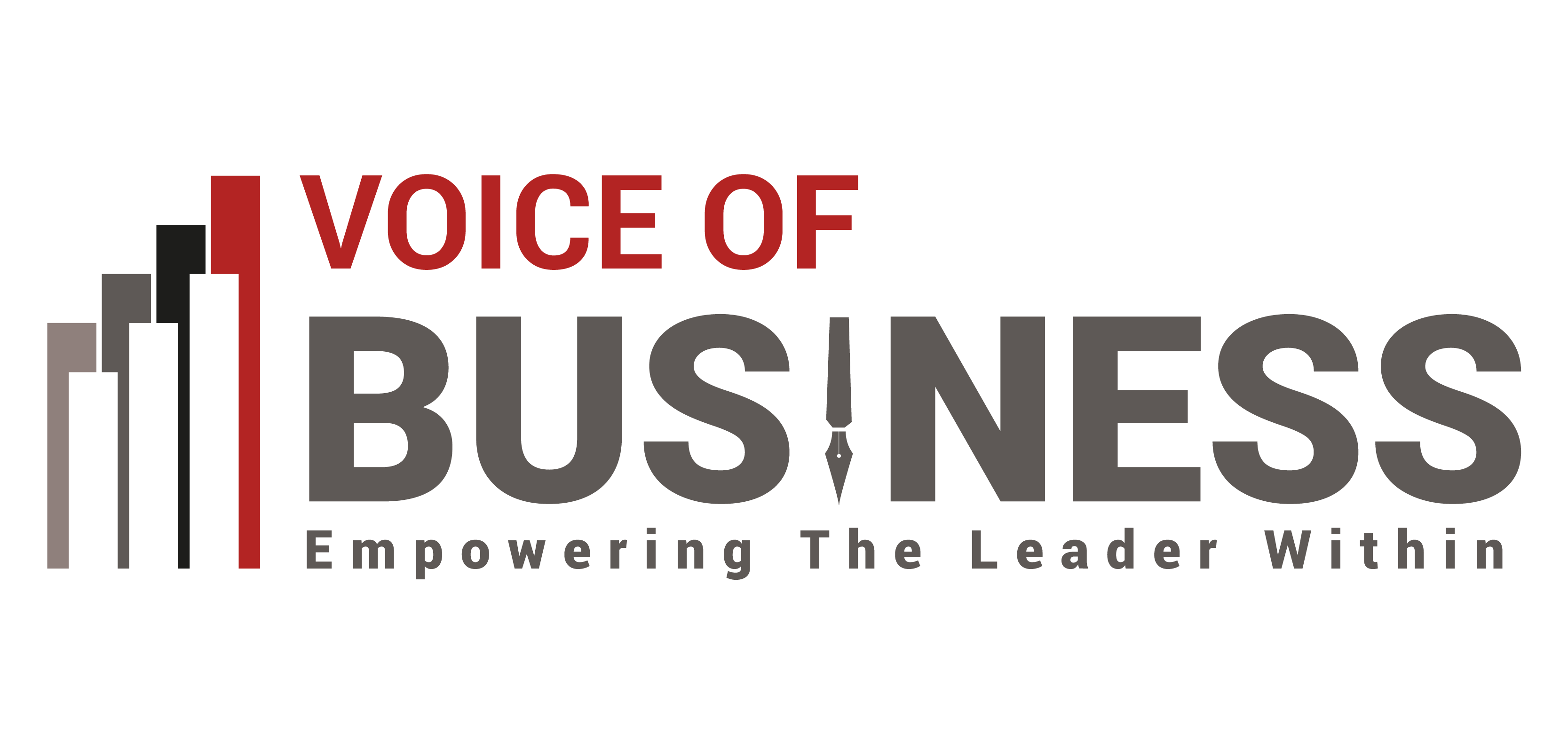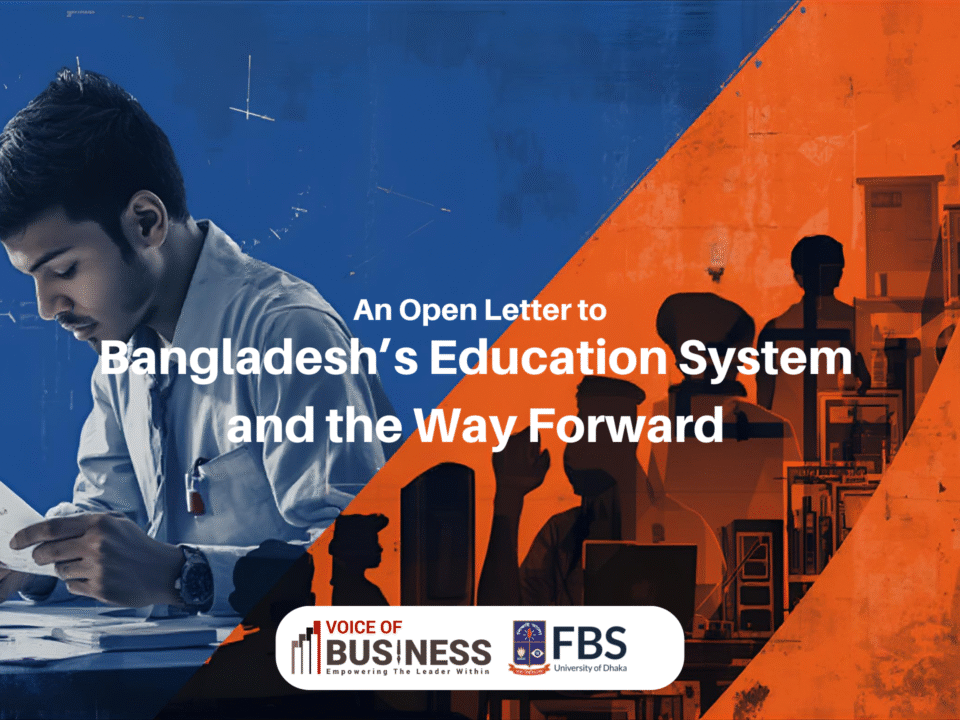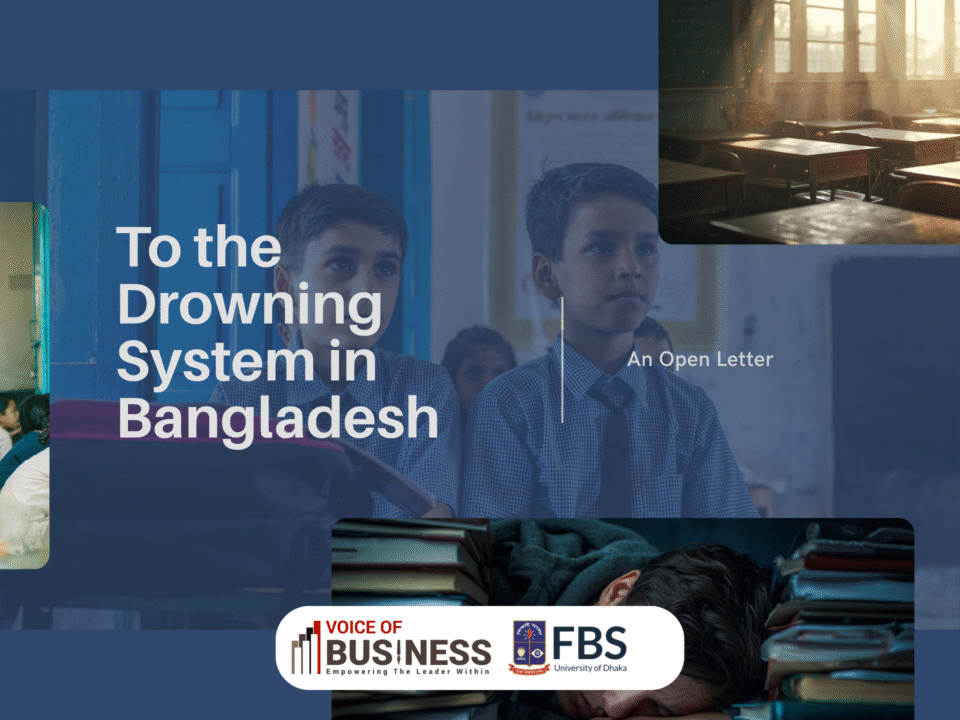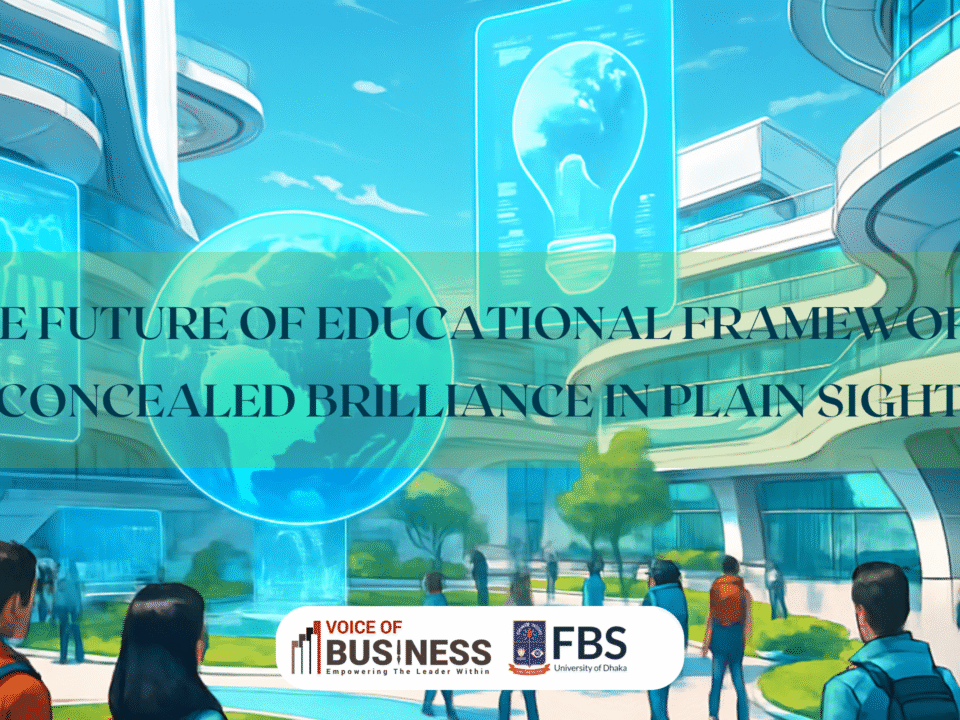When Excellence Fails Us: A Letter to the System That Forgot to Educate

Propaganda I’m not falling for: The Bangladeshi Dream
August 24, 2025
From Rote to Reason: An Open Letter to Bangladesh’s Education System
August 25, 2025Dear Bangladesh’s Education System,
I once topped my class without knowing how to introduce myself confidently in English. I memorized Newton’s laws but never learned how to apply them. I passed every exam, but failed every interview. If success in your eyes means filling in blanks and circling the correct answer, then I was once your star student. But the truth is, I was never truly educated. Like thousands of others, I was simply trained to obey, to repeat, to survive.
This is not just my story. It is Akash’s, who memorized entire guidebooks but trembled during job interviews. It is Moumita’s, whose science teacher discouraged her from asking questions that weren’t in the syllabus. It is Chaity’s who dared to dream of being a filmmaker but was told creativity wouldn’t feed her. These stories aren’t rare. They are routine. And that is precisely the tragedy.
Education in Bangladesh has become a race of grades, coaching centers, and certificates. In that race, we’ve left behind the very essence of learning. We are producing graduates who can recite definitions but can’t solve real problems, who can write essays on leadership but lack the courage to lead, who study for twenty years but enter the workforce unprepared. Isn’t it time we asked, what exactly are we educating for?
Let me be clear: this letter isn’t just a complaint. It’s a call. A call for change, for imagination, for courage. We must transform our classrooms from factories into laboratories of thought.
1. Make Critical Thinking a Core Subject, Not an Afterthought
Our classrooms must be designed to ask more questions than they answer. Why do students still learn through rote memorization in 2025? Why are textbooks filled with outdated information and zero relevance to the real world? Students must be trained to question, analyze, and explore.
✓ Introduce open-book exams, case studies, and project-based assessments. Let a student present on how climate change affects Bangladesh rather than memorize definitions of greenhouse gases. Make debate and discussion part of every subject, not just extracurriculars. The world doesn’t reward parrots. It rewards problem solvers.
2. Rebuild Teacher Training from the Ground Up
The backbone of any education system is its teachers. Yet, in many classrooms, teachers are underpaid, undertrained, and overburdened. Many still treat students as vessels to be filled rather than minds to be inspired.
✓ Bangladesh needs a National Pedagogy Mission where every teacher, from urban Dhaka to rural Khulna, is trained in modern, interactive teaching methods. Training must focus not only on content but on empathy, communication, and inclusivity. Give teachers the respect and support they deserve, and they will transform generations.
3. End the Urban–Rural Learning Divide
A student’s potential should not depend on their postal code. Yet today, a child in Rangamati may never touch a computer while a child in Gulshan codes Python in coaching classes. This is not just an education gap; it’s an injustice.
✓ Equip rural schools with solar-powered digital classrooms. Create mobile libraries. Provide teacher exchange programs between city and village schools. Ensure that the national curriculum includes local languages and knowledge systems so no child feels invisible. Equality in education isn’t charity, it’s necessity.
4. Embrace Creativity, Not Just Conformity
Why must every student be an engineer or doctor to be called successful? Where are our poets, our designers, our inventors? Creativity isn’t a luxury; it is the soul of progress.
✓ Include arts, music, film, and storytelling in mainstream syllabi. Let students build, design, compose, and act because these are not distractions from education; they are its beating
heart. A child who builds a robot from scrap is learning physics. A girl who scripts a play on gender inequality is learning sociology. Don’t clip wings. Build runways.
5. Create a Bridge Between Classrooms and Careers
Bangladesh’s industries are changing fast AI, digital marketing, freelancing, and green energy. Yet our curriculum remains frozen in time. We need a bridge, not a wall, between education and employment.
✓ Introduce real-world skill modules in high school: financial literacy, public speaking, CV writing, and basic coding. Launch internship programs from college’s first year. Partner with universities, startups, and companies. Let learning happen in labs, offices, and streets rather than just in rows of benches.
6. Reform the Examination Culture
If a student’s worth is judged solely by how they perform in a three-hour exam, we are not assessing knowledge; we are testing memory and nerves. Life is not an MCQ test.
✓ Adopt continuous assessment models. Include peer evaluation, self-reflection, presentations, and fieldwork. Encourage curiosity over correctness. Replace fear of failure with freedom to explore.
Dear System,
We, the students, the dreamers, the ones who fill your classrooms each morning, are not asking for miracles. We’re asking for meaning. We don’t want to be products of pressure, but of possibility. Don’t teach us what to think. Teach us how to think. Don’t prepare us to follow orders. Prepare us to lead lives.
Education should not be a punishment we endure to get a degree. It should be the discovery of who we are and what we can give to the world. The system you built was meant to serve a past generation. Let us build one that serves the future.
This letter is written by one student, but it speaks for thousands. And together, we are not just asking for change. We are ready to create it.
With hope, urgency, and determination,
Author: Md. Mejbaur Rahman
Position: 5th (WC 2025)
Institution: Faculty Of Business Studies, University of Dhaka




